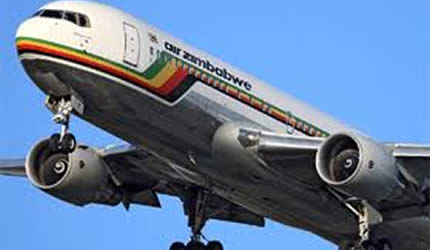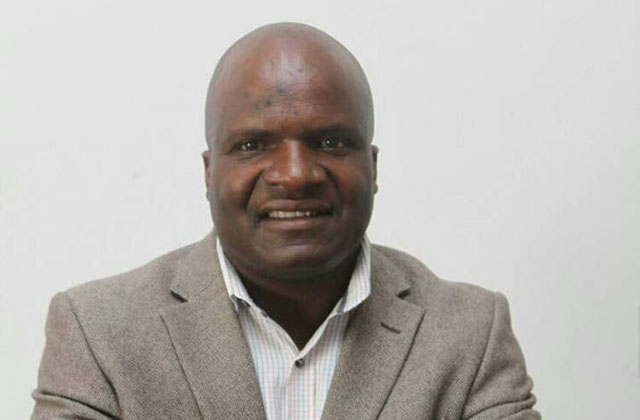AirZim pilots, engineers catch Nextjet’s eye

Golden Sibanda Senior Business Reporter
AIR ZIMBABWE has some of the best pilots and engineers in the world, a strength the local airline’s Canadian suitor Nextjet says could be used to earn more money from maintenance jobs than flight operations.
Nextjet operations director Tan Ahmed said AirZim should make optimal use of the engineers and pilots at its disposal to make money, but needed to address safety issues raised by European Union before doing so.
Transport and Infrastructural Development Minister Dr Joram Gumbo, recently said AirZim, with the support of Government, was working to address the safety concerns before the European Union Commission meets again in November.
Mr Ahmed said while AirZim boasted of world class pilots and engineers, the era when such attributes were the most important aspects of an airline had passed with regulators now playing more influential roles. The Nextjet director’s remarks followed recent reports that the European Aviation Agency banned two of the State airliner’s wide bodied aircrafts from flying to European destinations over some safety concerns. EASA gave AirZim the thumbs up on 10 of the 12 safety items, which needed to be addressed during the airline’s presentations in Brussels, Belgium last month. The agency had noted the 12 deficiencies last year. But Mr Ahmed said AirZim’s engineering department was underutilised in the sense that the expertise of the airliner’s skilled and vastly experienced engineers was not being utilised to make money for the airliner.
Air Zim allegedly spurned a proposal for a restructuring from the Canadian firm, Nextjet, an arrangement that could have potentially helped it acquire five more aircraft and grow its revenue to $136 million in a year. Mr Ahmed said he visited Zimbabwe three times pursuing potential co-operation with Government and Air Zimbabwe to help turnaround the airline’s fortunes. He said that his company also submitted two proposals with nothing material coming out of it. He however said that while a lot has changed since then, there still was opportunity to do business with Air Zimbabwe.
And one of the opportunities, Mr Ahmed contends, lay in making use of AirZim’s engineering department to generate the much needed revenue. “These engineers are some of the best in the world and they have all the expertise to compete with any major MRO facility globally,” Mr Ahmed said.
He said the fact that the EU banned AirZim’s only two long haul Boeing Jets meant the aircraft could not fly into EU air space, but comfortingly pointed out that the airliner could still fly with leased aircraft or charter provider.
The State airline needs an overhaul, including new aircraft and funding to replace equipment and other critical signalling material to operate viably. Financial constraints force it to use inappropriate and uneconomic planes with 200 plus seats for routes that require small aircraft.
He also stressed the fact that while the heavily indebted airliner had lost its gloss among the leading airline companies in Africa and the world, it could be rehabilitated to a leading force on the continent once again. Mr Ahmed said key lessons can be learned from the experiences of airlines such as RwandAir, which started from scratch when AirZim was one of the leaders in Africa, but has grown to be a recognisable carrier.









Comments